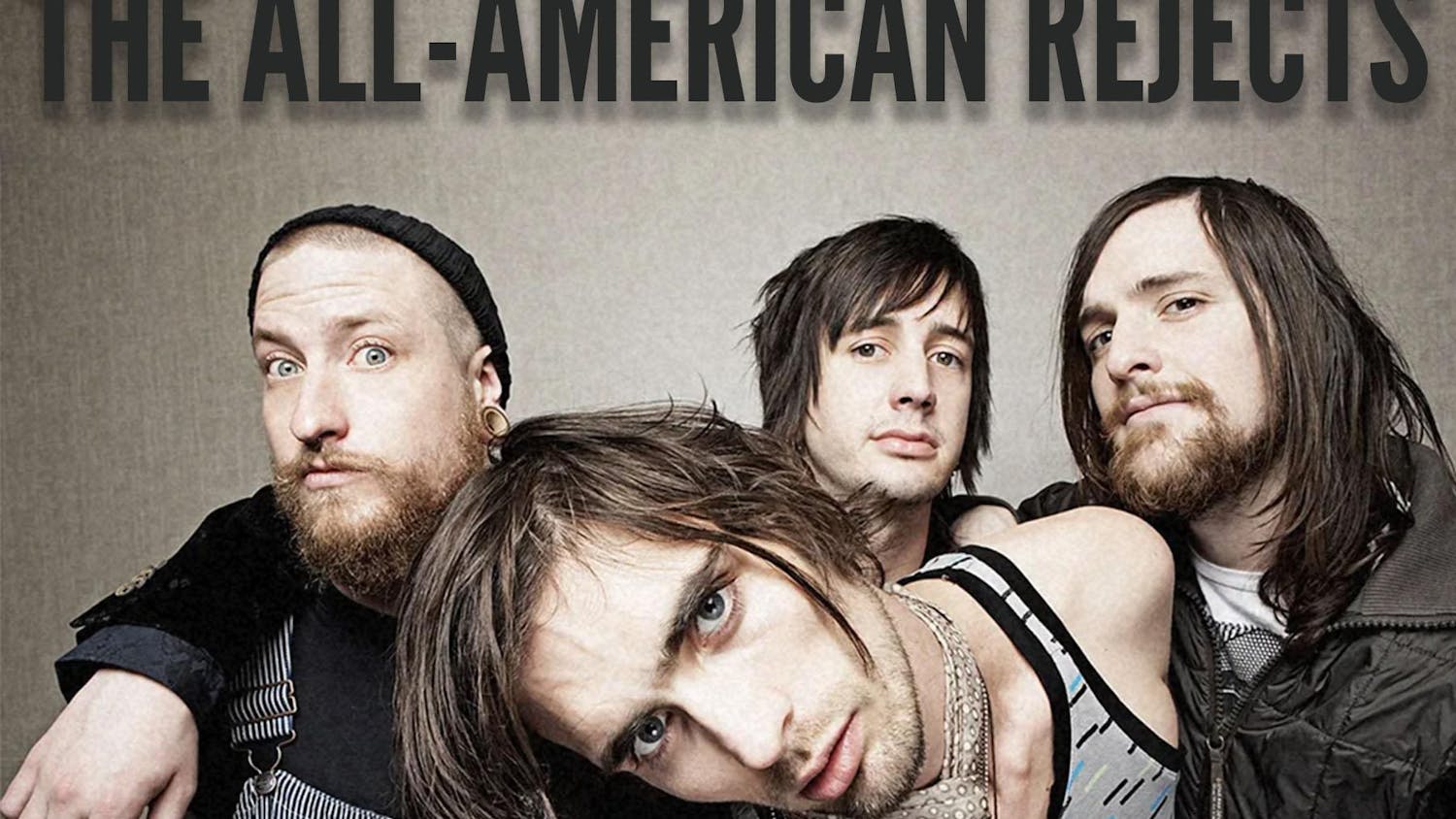
Steph Wulz
Whether you were a fan, a passive listener or an adamant opponent, there was no way a week would pass during the latter half of the 2000s that you or your colleagues didn’t at least mention Lil Wayne.
You would probably be hard-pressed to remember a time you, your friends or even your parents weren’t mentioning the wildly-successful rapper, making sure to stress the “Lil,” and not making the pop-culturally-inept mishap of pronouncing it “Little.”
An artist that seemed to defy the rise and fall of trends, Wayne dominated the early 2000s in terms of relevancy and commercial success. He managed to keep in touch with the youth of America, perpetually staying intimately connected with tweens and young adults alike, despite his own advancing age.
In fact, Wayne affirmed the height of his own popularity and success in music with his mid-2009 release of the song “Kobe Bryant,” a song that not only established where his loyalties lay — with the then-dominant Los Angeles Lakers — but also allowed him to draw a parallel between Kobe Bryant — the consensus best player on the face of the world at the time, who dominated the post-Michael Jordan era of basketball — and himself.
Like Bryant, Wayne dominated the post-Tupac, post-Notorious B.I.G., post-any-other-rapper era, and he didn’t mince words with his assertion: “I’m the best yes, and [Bryant] the best yeah / Don’t worry LeBron [James], you next year.” And, of course, this was during a time that James was considered a close second to Bryant’s first, in terms of best players in the league.
What separated Bryant and Wayne from their peers were their relentless drives to success and uncanny ability to continue to put themselves in positions for success. It was widely publicized that both had insatiable desires to be the best in their crafts. Despite a number of years passing, the two remained the unquestioned alpha dogs in their respective domains. Wayne, just like Bryant, kept getting better with age — that is, until he didn’t.
With news of Wayne’s final solo album, “Tha Carter V,” set to be released on May 5, it finally seems to be dawning on Wayne that his career is almost over. Since the close of 2009, Wayne has found himself on the decline, in both relevancy and rapping prowess.
This decline, interestingly enough, coincided with the rise of Drake, who was perceived as Wayne’s pupil and right-hand man in music.
Finally, it seems the longevity of Wayne’s career is setting upon him. After mixed reception to his releases of “Tha Carter III” and “Tha Carter IV,” it almost seems that Wayne’s early-career ambition to dominate the music industry seemed to fade into the past, just like his career.
However, what goes by unappreciated is that with Wayne’s decision to let go of his obsession with being the best, Wayne matured — so much so that his younger audience failed to understand him. Interestingly enough, this did not seem to bother Wayne.
On the contrary, nowadays he seems to be at an understanding with himself, fully delving into his love for making music, as evidenced by his insistance that this was the hardest he’s worked on an album in a long time, and the opportunities his successful career has afforded him: the comfort he can provide for his family and friends, his passion for skateboarding and, of course, watching his celebrity peer Bryant reach the twilight of his own career with the Lakers.
This approach to the end of Wayne’s career may be found in Bryant’s journey to the end of his own career. On Dec. 8, 2013, Bryant made his return to the court following a devastating Achilles’ tear, and though his play was rusty — gently put — he couldn’t help but betray his elation of how happy he was playing again, knowing that his reign over the basketball landscape was coming to an end.
Wayne, like Bryant, asserted his dominance before by insisting he was the best, and that he’d stop at nothing to maintain that status quo.
However, he cemented his place in greatness by finally letting that go and growing up, appreciating his place in history and success and enjoying the twilight of his career.













